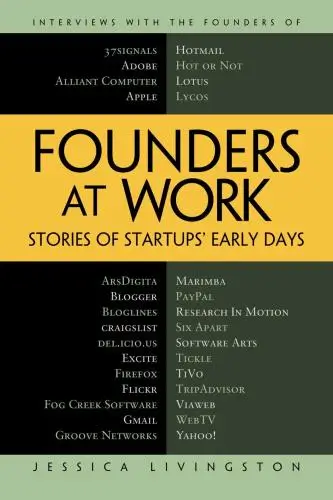
Founders at Work
Stories of Startups' Early Days
What's it about?
Founders at Work is a captivating journey into the hearts and minds of the tech world's most influential innovators. Through a series of intimate interviews, Livingston unveils the early challenges, pivotal decisions, and daring risks behind the creation of groundbreaking companies. This book is not just a collection of success stories; it's a treasure trove of wisdom and inspiration for anyone dreaming of making their mark in the world of startups.
About the Author
Jessica Livingston is a co-founder of Y Combinator, the influential startup accelerator. She authored "Founders at Work," a seminal book featuring interviews with startup founders. Livingston's work focuses on early-stage startups, offering insights into the challenges and successes of entrepreneurship. She is known for her advocacy of founders and startup culture.
10 Key Ideas of Founders at Work
Embrace Flexibility and Adaptability in Your Business Model
In the rapidly changing landscape of technology and consumer preferences, sticking rigidly to an initial business model can be a recipe for failure.
Successful founders understand the importance of being flexible and willing to pivot their business model in response to market feedback, technological advancements, or competitive pressures.
This adaptability allows them to seize new opportunities and avoid being left behind as the market evolves.
Learn DeeperRegularly Review Your Business Model: Set aside time every quarter to assess your business model's effectiveness. Look at customer feedback, market trends, and your financial performance to identify areas for improvement or pivot.
Stay Informed About Industry Trends: Make it a habit to read industry news, attend relevant conferences, and participate in forums. This will help you spot emerging trends and technologies that could impact your business.
Cultivate a Culture of Openness: Encourage your team to share their ideas and feedback about potential changes to the business model. A diverse set of perspectives can lead to innovative solutions.
Test New Ideas Quickly: When considering a pivot or change, use lean methodologies to test new ideas with minimal resources. This could involve creating a minimal viable product (MVP) or a small-scale pilot program.
Build Relationships with Customers: Engage with your customers regularly through surveys, social media, or direct conversations. Their insights can guide you in refining your business model to better meet their needs.
- Example
Netflix's transition from DVD rentals by mail to streaming services in response to the rise of high-speed internet and changing consumer preferences.
- Example
Slack's pivot from a gaming company to a messaging platform for teams after realizing the internal communication tool they developed was more valuable than the game itself.
Focus on Solving Real Problems for Your Customers
The foundation of any successful startup is a product or service that addresses a genuine need or problem faced by its customers.
Founders should invest time in understanding their target market, identifying pain points, and developing solutions that provide real value.
This customer-centric approach ensures that the business remains relevant and can lead to a loyal customer base and sustainable growth.
Learn DeeperIdentify Your Target Market: Start by clearly defining who your product or service is for. Consider factors like age, location, interests, and pain points. This will help you tailor your solution to meet their specific needs.
Conduct Customer Interviews: Reach out to potential customers for one-on-one interviews. Ask open-ended questions about their challenges and what solutions they currently use or wish they had. This direct feedback is invaluable for understanding the real problems your target market faces.
Prototype and Test Quickly: Develop a minimum viable product (MVP) that addresses the core problem you've identified. Get this in front of users as soon as possible to gather feedback and iterate. Remember, the goal is to learn what works and what doesn't, so don't strive for perfection in the first version.
Measure Success Through Customer Satisfaction: Use customer feedback, repeat usage, and referral rates as key metrics to gauge whether your solution effectively solves the problem. Continuously seek ways to improve based on this feedback.
- Example
A startup creating an app to help people manage their personal finances might start by interviewing individuals who struggle to save money or keep track of their spending. They could ask about current methods these individuals use, what frustrates them about those methods, and what features they wish existed.
- Example
A company developing a new gardening tool that makes weeding easier might prototype a basic version of the tool and give it to local gardeners to use. They would then follow up to gather feedback on how well the tool addresses the problem of difficult weeding, any design flaws, and suggestions for improvement.
Cultivate a Strong Company Culture from the Start
Company culture plays a crucial role in shaping the work environment, employee satisfaction, and overall success of a startup.
Founders should be deliberate in establishing a positive culture that reflects their values and mission.
A strong culture fosters teamwork, innovation, and resilience, helping the company navigate challenges and attract top talent.
Learn DeeperDefine Your Core Values: Sit down and think about what truly matters to you and your co-founders. What do you want your company to stand for? These core values will be the foundation of your company culture, guiding how decisions are made and how people interact.
Communicate Your Vision and Values Clearly: From day one, make sure everyone on your team understands the vision and values of the company. This can be done through regular meetings, written documents, and by embodying these values in your own actions as a leader.
Hire for Cultural Fit: When you're ready to grow your team, look beyond just skills and experience. Consider how potential hires align with your company's culture and values. Someone who is a perfect fit culturally can often contribute more in the long run than someone with superior skills but a poor cultural fit.
Foster Open Communication: Encourage an environment where feedback and ideas can flow freely. This not only helps in catching issues early but also promotes a sense of belonging and investment in the company's future among employees.
Celebrate Successes and Learn from Failures Together: Make it a habit to celebrate milestones, no matter how small, and openly discuss failures without placing blame. This builds a resilient team that's ready to tackle challenges together.
- Example
At Zappos, CEO Tony Hsieh focused heavily on company culture, even offering new hires a bonus to quit if they felt the culture wasn't a good fit for them. This ensured that only those truly aligned with the company's values stayed, contributing to its success.
- Example
Google has long been praised for its culture that encourages innovation and creativity. They implement this by providing spaces for collaboration, encouraging side projects, and celebrating failures as learning opportunities, all rooted in their core company values.
Prioritize Lean Operations to Maximize Resources
Startups often operate with limited resources, making it essential to adopt lean principles in every aspect of the business.
This means minimizing waste, optimizing processes, and focusing on activities that directly contribute to value creation for customers.
By prioritizing efficiency and effectiveness, startups can stretch their resources further and achieve more with less.
Learn DeeperAudit Your Operations Regularly: Every month, take a day to review all your business processes. Identify areas where you're spending too much time or money, and brainstorm ways to streamline these operations. This could mean automating repetitive tasks, eliminating unnecessary steps, or renegotiating contracts with suppliers.
Adopt a Minimal Viable Product (MVP) Approach: When developing new products or services, start with the smallest feature set that delivers value to your customers. This allows you to test ideas quickly and inexpensively. Gather feedback from these early versions to make informed decisions about where to invest further.
Focus on Core Competencies: Identify what your business does best and focus your resources there. Outsource or eliminate tasks that are outside your core competencies. This not only saves time and money but also ensures you're delivering the best possible value to your customers.
Implement Continuous Improvement: Encourage a culture of continuous improvement within your team. Regularly ask for feedback on how processes can be improved and be open to making small, incremental changes. This mindset will help you stay lean and adaptable over time.
- Example
A small online retail startup notices that packing and shipping orders in-house is taking up a significant amount of time and resources. After auditing their operations, they decide to outsource fulfillment to a third-party logistics company, freeing up time to focus on marketing and customer service.
- Example
A tech startup is developing a new app. Instead of building out every feature they can think of, they launch with just the core functionality that allows users to test the concept. Feedback from this MVP version helps them prioritize which features to develop next, saving time and development costs.
Build a Product That People Love, Not Just Like
Creating a product that resonates deeply with users and elicits strong positive emotions can be a game-changer for a startup.
A product that people love will not only retain customers but also turn them into advocates who promote the product through word-of-mouth.
This level of customer engagement can drive organic growth and significantly enhance the startup's market position.
Learn DeeperIdentify Your Core Users: Start by pinpointing who your product is for. Conduct surveys, interviews, or use analytics tools to understand their needs, preferences, and pain points. This deep understanding will guide you in creating a product that they will love.
Focus on User Experience (UX): Prioritize the design and usability of your product. A seamless, intuitive user experience can significantly contribute to how much users love your product. Regularly seek feedback and be willing to iterate based on what you learn.
Create Emotional Connections: Think about ways your product can connect with users on an emotional level. This could be through branding, storytelling, or by designing features that elicit joy, satisfaction, or relief. Emotional connections can turn casual users into passionate advocates.
Deliver Exceptional Customer Service: Support your users by providing exceptional customer service. Quick responses to queries, helpful solutions to problems, and a friendly, empathetic approach can turn negative experiences into positive ones, fostering love for your brand.
Build a Community Around Your Product: Encourage the formation of a community of users who share a love for your product. Utilize social media, forums, or events to facilitate discussions and connections among users. A strong community can amplify positive sentiments and loyalty.
- Example
Slack’s focus on creating a seamless communication platform with fun, customizable features has fostered a strong, loyal user base that appreciates both its functionality and its playful tone.
- Example
Apple’s emphasis on design and user experience, coupled with its ecosystem of products and services, has created a passionate community of users who not only love their products but also advocate for them.
Deeper knowledge. Personal growth. Unlocked.
Unlock this book's key ideas and 15M+ more. Learn with quick, impactful summaries.
Read Full SummarySign up and read for free!
Founders at Work Summary: Common Questions
"Live in the future, then build what's missing." This quote from Founders at Work encapsulates the essence of the book, where Jessica Livingston dives deep into the interviews with successful tech entrepreneurs and uncovers the challenges they faced, their strategies, and the passion that kept them going.
The firsthand accounts of start-up journeys from the likes of Steve Wozniak, Mitchell Kapor, and Max Levchin are not only inspiring but also eye-opening. From the initial idea to scaling the business, the book provides valuable insights into the world of entrepreneurship.
After finishing the book, I found myself motivated and empowered to pursue my own entrepreneurial endeavors. If you're a fan of business or entrepreneurial literature, Founders at Work is a must-read that will both educate and inspire you.
Experience Personalized Book Summaries, Today!
Discover a new way to gain knowledge, and save time.
Sign up for our 7-day trial now.
No Credit Card Needed

Similar Books

$100M Offers
Alex Hormozi
Principles of Marketing, Global Edition
Gary Armstrong
The 100 Best Business Books of All Time
Jack Covert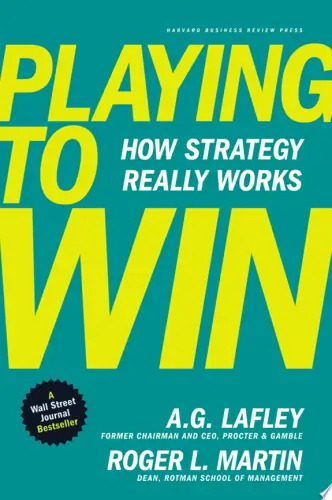
Playing to Win
A.G. Lafley
Productize
Eisha Armstrong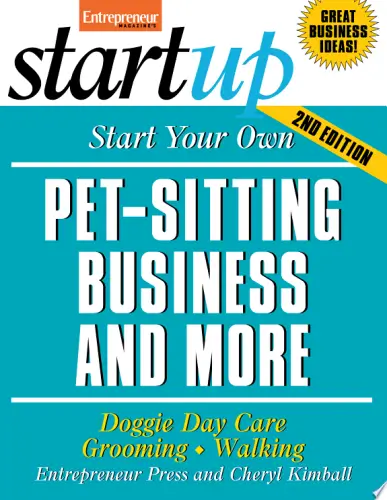
Start Your Own Pet-Sitting Business and More
Entrepreneur Press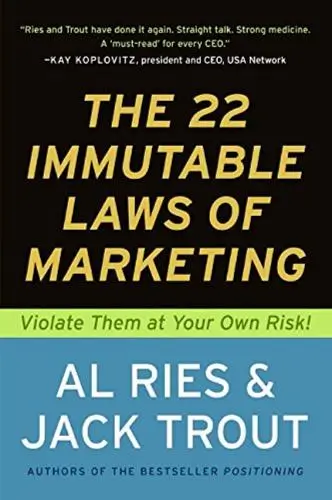
The 22 Immutable Laws of Marketing
Al Ries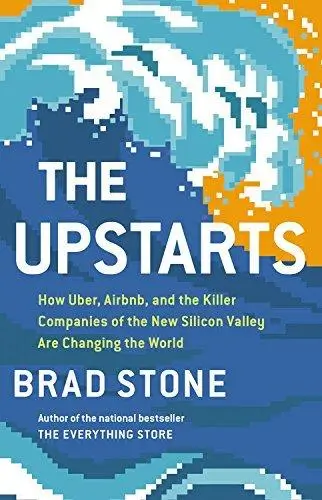
The Upstarts
Brad Stone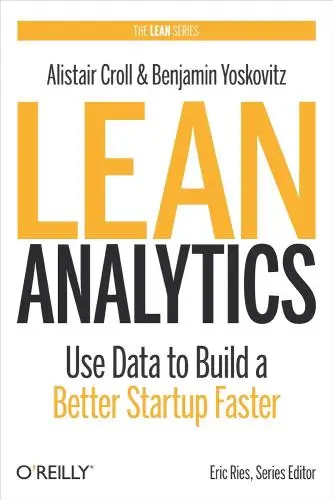
Lean Analytics
Alistair Croll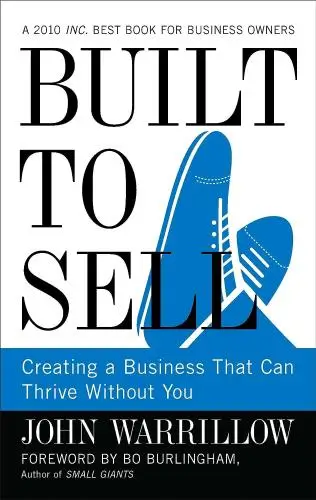
Built to Sell
John WarrillowTrending Summaries

Peak
Anders Ericsson
Never Split the Difference
Chris Voss
Smart Brevity
Jim VandeHei
The Psychology of Money
Morgan Housel
The First 90 Days
Michael D. Watkins
Atomic Habits
James Clear
Thinking, Fast and Slow
Daniel Kahneman
The Body Keeps the Score
Bessel van der Kolk M.D.
The Power of Regret
Daniel H. Pink
The Compound Effect
Darren HardyNew Books

Comprehensive Casebook of Cognitive Therapy
Frank M. Dattilio
The White Night of St. Petersburg
Michel (Prince of Greece)
Demystifying Climate Models
Andrew Gettelman
The Hobbit
J.R.R. Tolkien
The Decision Book
Mikael Krogerus
The Decision Book: 50 Models for Strategic Thinking
Mikael Krogerus
Fichte
Johann Gottlieb Fichte
Do No Harm
Henry Marsh
This is Going to Hurt
Adam Kay
